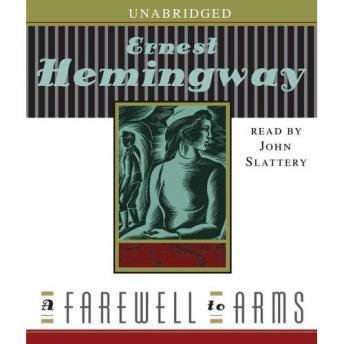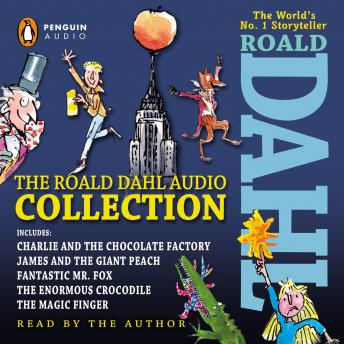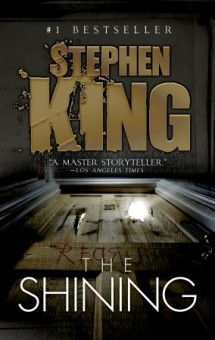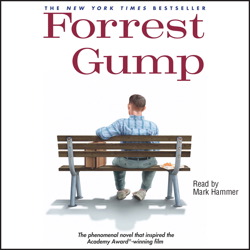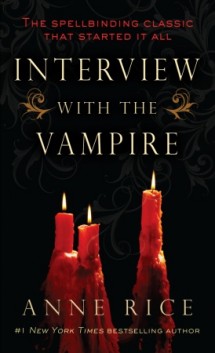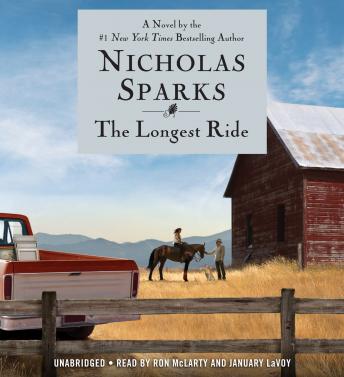
Nicholas Sparks’ new book, The Longest Ride was released this week, and to commemorate the newest title from this prolific author, we’ve pulled together 10 truths that we’ve gleaned from his bittersweet romances.
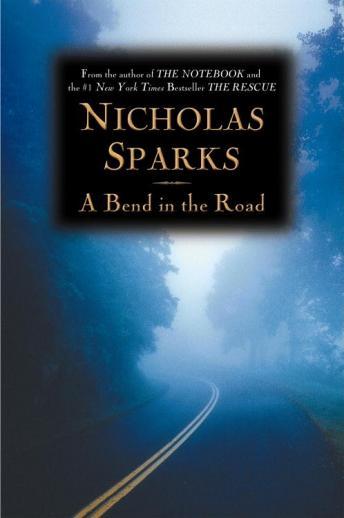
1. Families can really screw up a relationship
Look, we know our families love us but sometimes they just don’t know when to back off. In ‘The Notebook’, Allie’s mom took it upon herself to interfere in her daughter’s romance because she thought Allie was too good for the son of a laborer. I’m a mom so I get it – you want what you think is best for your kids. But messing with the mail is a federal offense for a reason. In ‘A Bend in the Road’, a brother’s secret threatens to derail a romance (Dude, chill. We are not our brothers’ keepers!)
2. Men are afraid of commitment
We women are all too familiar this one. Guys just can’t commit. Nowhere is this illustrated more clearly than in ‘The Rescue’. Taylor McAden is one hunky firefighter who is not afraid to take risks. He doesn’t think twice about rushing into a burning building to save a life. But settle down with one woman? No way! Seriously guys – what is THAT all about anyway?
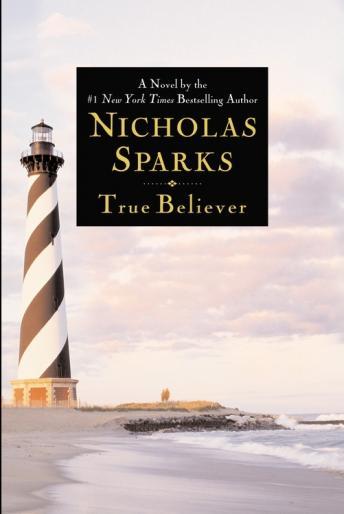
3. Ghosts make great matchmakers
Some of us consider ghost stories terrifying and haunted graveyards creepy and gross. Apparently we don’t know what we’re missing out on by avoiding spectal encounters. In ‘A Bend in the Road’, Sarah and Jonah fall in love on a Ghost Walk, while in ‘True Believer’ mysterious happenings in the local cemetery draw investigative journalist Jeremy to town and straight into the arms of Lexie. Forget match.com – get yourself down to the graveyard after dark if you’re looking for love.
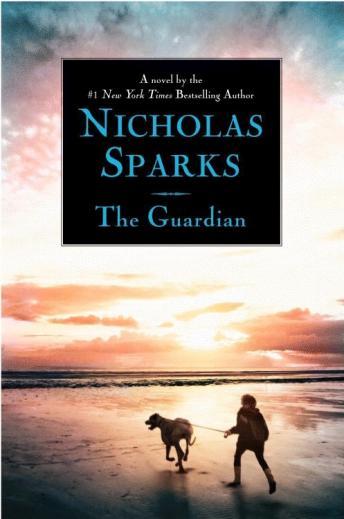
4. Dogs are smarter than people
If you’re a dog owner, you already know this. But for you cat people out there, it takes Singer the Great Dane to see sense in ‘The Guardian’. Singer seems to be the only one to pick up on the fact that the new guy in his owner’s life is a psychopath. But will this cunning canine be able to save the day and steer Julie to Mr. Right? If only Julie were a dog, she’d have known better in the first place.
5. Pay attention in English Class
You never know when a well-written letter is going to make the difference between finding true love and a life of loneliness. Really people, you could lose more than just marks for bad spelling and grammar! Do you think Theresa would’ve bothered tracking Garret down if his ‘Message in a Bottle’ read “OMG, Catherine! You made me ROTFLMAO! You were totes my BFF!” I don’t think so.
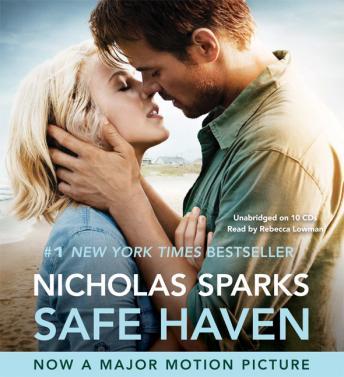
6. Change the batteries in your smoke detectors
It’s not just the residents of firefighter Taylor McAden’s town in ‘The Rescue’ that seem to have an aversion to fire prevention. The characters in ‘Safe Haven’ also don’t pay much heed to the Fire Marshall’s warnings to replace their smoke detectors’ batteries every year when they put their clocks forward. Sure, with smoke alarms the books would be shorter but it would save a lot of heartache and hassle in the long run.
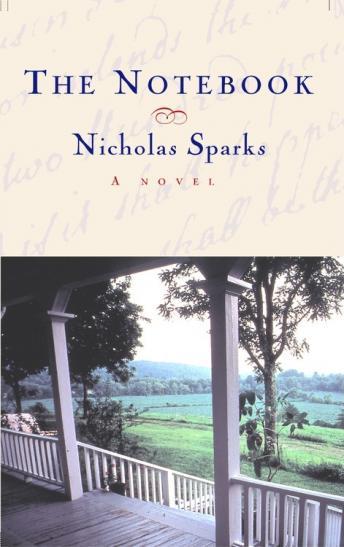
7. Get your eyes checked regularly
You never know when you’re going to fall in love at first sight. Imagine meeting the person you were supposed to be with, but you don’t even recognize it because they’re all blurry? ‘The Notebook’ proves that love at first sight is real and a yearly visit to the eye doctor will keep your eyes in top form should that special someone wander into your line of vision.
8. Invest in swimming lessons
Please, parents – take your children to swimming lessons as soon as they can walk! And if your own parents weren’t on the ball when you were a tot – it’s never too late. Check your local rec center for adult classes and make the time to learn. But even if you do know how to swim (Garret from ‘Message in a Bottle’, we’re looking at you!) remember the first rule of boating – wear a life jacket! Because what is the point of finding the love of your life if one of you is fated for a watery death?
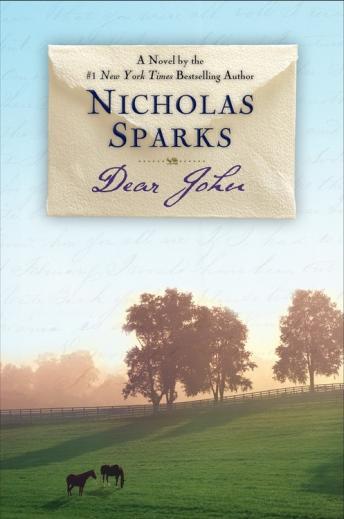
9. Soldiers always do the right thing
Honor above all. Soldiers are such great dudes that they are willing to sacrifice their own happiness, even if – like the John of ‘Dear John’ – that means walking away from the woman they love to do the honorable thing. They’re just that awesome.
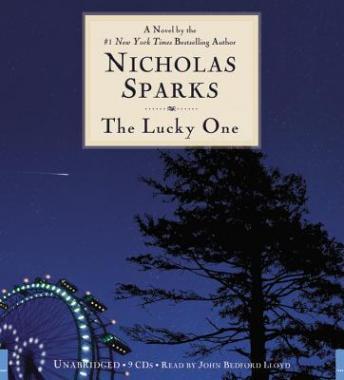
10. Books are better than movies
This one’s not exclusive to Nicholas Sparks. We all know it. With the exception of Harry Potter, movies adaptations usually can’t hold a candle to the original text. So just prepare to be disappointed now and you never know – if you go in with no high expectations, you might just be okay with the fact that the studio has butchered the ending, or cut out vital portions of your favorite book. Does ‘The Lucky One’ ring any bells here?



